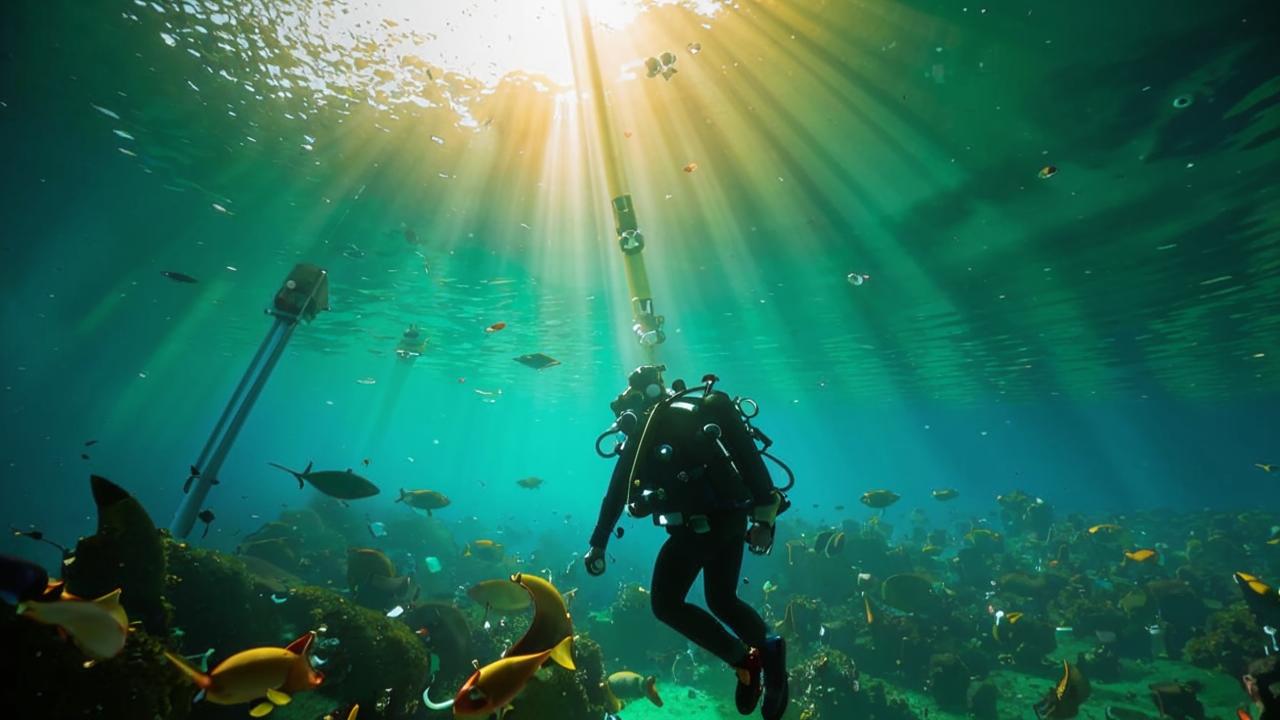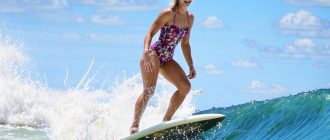Diving for many people becomes not just an active vacation, but a real way of life, in which each time you want to dive more and more.
What should you pay attention to the first time? What can be the risks? Are there any dangers? How to choose a good school and how long is the training?
Together with Alexey Perovsky, SDI diving instructor and head of Nord-dive.com center, we answer all the questions.
Where to start to get acquainted with diving?
It makes sense to do a test dive, a so-called intro dive. Ideally in a warm sea. In principle, any body of water with sufficient water clarity and acceptable temperature is suitable.
You can also dive for the first time in a swimming pool, but there is absolutely nothing to see there. But you can still experience new sensations underwater.
IMPORTANT. Beginners need only qualified training. No amateurishness. Training is multi-stage and should start from the basics.
When selecting a school you should, first of all, be guided by the choice of a suitable instructor, not by the training systems, which are quite a lot (PADI, SDI/TDI, SSI, CMAS, etc.).
It is desirable to learn from instructors about whom something is already known: look at reviews, recommendations. You can read forums, ask questions about this or that city, so you don’t have to travel far.

Where to study?
There are quite a lot of high-level instructors in Russia, and training in some cases may be cheaper than abroad. It makes sense to go to other countries when you need specific training or equipment – techno courses, caves with warm water, some models of rebreathers (closed cycle machines).
After passing any course, a certificate (a kind of license) is issued, which gives the right to dive with a guide in conditions of appropriate complexity.
Equipment can be bought or rented. You can rent only if you have a certificate (if it is a serious dive center that cares).
Do I need to be in good physical shape?
Physical fitness is encouraged. Diving is quite challenging in terms of physical activity. If it is a serious dive – technical or cave diving – it is quite difficult: you will have to carry heavy weights.
You don’t need to be a good swimmer, but you need to be able to stay on the water. There are always risks in the water, anything can happen (the real danger can appear when a student does not follow the instructor’s commands, dives on his own, tries difficult exercises without proper experience).

Where to dive?
The place where you plan to dive is very important. It is not a good idea to dive anywhere. There are specific regime sites and local legislation (for example, you can’t dive in the Bosphorus).
If we are talking about ordinary, local lakes, most likely, no one will interfere with you. It is a question of expediency and diving conditions.






